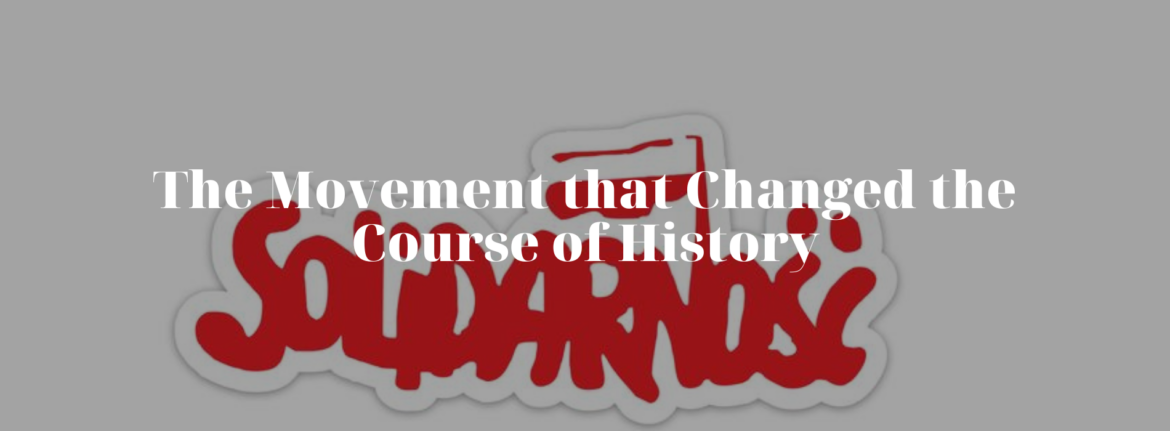In the annals of the 20th century, few movements have had as profound an impact as Poland’s Solidarność. Emerging against the backdrop of a repressive communist regime, Solidarność, or Solidarity, became a symbol of resistance, unity, and the indomitable spirit of a people yearning for freedom and democracy. This is the story of how a labor dispute grew into a national uprising, inspiring change far beyond the borders of Poland.
The Spark at the Gdańsk Shipyard
In August 1980, the Lenin Shipyard in Gdańsk became the crucible of a revolution. Workers, led by electrician Lech Wałęsa, began a strike that would soon ignite a nationwide movement. Frustrated by rising food prices, poor working conditions, and the oppressive regime, the workers’ demands quickly transcended wage issues, morphing into a call for greater political freedoms, including the right to form independent trade unions.
Solidarity Emerges
The strikers, with their list of 21 demands, formed the Inter-Enterprise Strike Committee (MKS). This wasn’t just about a pay rise; it was a clarion call for basic human rights in a state that had long suppressed them. The demands included freedom of expression, the release of political prisoners, and improvements in health services.
By the end of August, the government, unable to ignore the mounting pressure, capitulated, leading to the historic Gdańsk Agreement. This pivotal moment marked the birth of Solidarity – the first independent labor union in a Soviet-bloc country.
From Labor Union to National Movement
Solidarity, under Wałęsa’s leadership, expanded rapidly. From a few thousand shipyard workers, it grew to encompass nearly 10 million people from various walks of life. It became a movement, not just a union – a voice for the voiceless, challenging the communist regime’s legitimacy.
The Government Strikes Back
The state, under increasing pressure, declared martial law in December 1981. Solidarity was banned, its leaders imprisoned, and the military took to the streets. Yet, even in the face of severe repression, the spirit of Solidarity lived on in the hearts of the Polish people.
The Roundtable Talks and the Path to Democracy
The persistence of Solidarity members and the Polish populace bore fruit in the late 1980s. The roundtable discussions between the government and the opposition, spanning from February to April 1989, paved the way for the first free elections in June 1989. Solidarity’s overwhelming victory in these elections was a clear repudiation of communist rule and a step towards democratic governance.
Legacy of Solidarność
Solidarity’s influence extended far beyond the Polish borders, inspiring movements across the Eastern bloc and contributing to the eventual fall of the Soviet Union. Today, Solidarity remains a symbol of the successful struggle for democracy and human rights against authoritarian rule. Its legacy is etched in the collective memory of the Polish people and serves as an inspiration to those fighting for freedom and justice worldwide.
